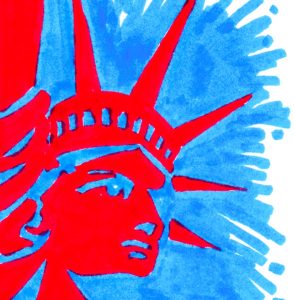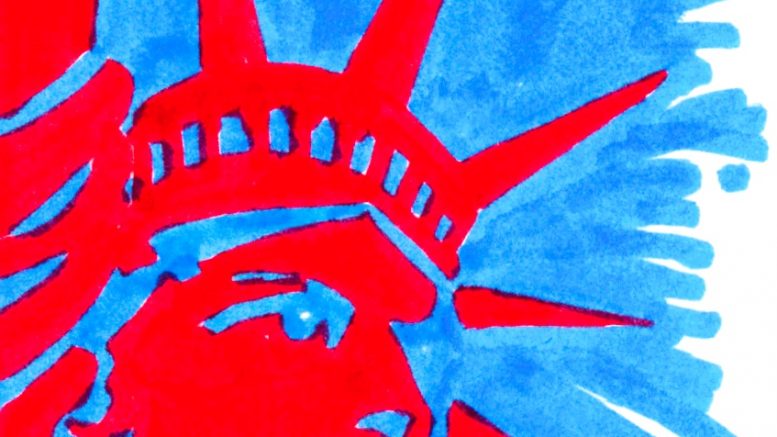
By Trevor Timm
The Guardian (11/30/17)
If you care about privacy, whether it’s online or on your smartphone, the coming weeks will define the scope of privacy rights for Americans for the next decade or more. Two issues – whether the police can track on our cellphone location 24/7 without a warrant, and the potential to curtail some of the NSA’s most controversial powers to spying on Americans – will be decided by Congress and the US supreme court, and it’s hard to overstate their significance.
On Wednesday, the US supreme court heard a landmark cellphone privacy case called United States v Carpenter. The case, brought by the ACLU, ostensibly involves only one defendant: someone accused of participating in a series of robberies, where the police collected location data from cellphone towers to determine where he was over a series of months.
The government is contending that the government “could obtain every American’s location history detailing their movements 24 hours a day, seven days a week, month after month, with no quantum of suspicion or judicial oversight whatsoever”.
But as the ACLU made clear in oral arguments before the court today, how the nine justices rule in Carpenter will affect the privacy rights of virtually every single American: critically, the police did not get a warrant to access the information, and they argue that they never need one to access any American’s location any time they want.
Given nearly everyone constantly carries around a smartphone – which is always connecting to surrounding cellphone towers that can pinpoint where you are – cellphone location information can paint an incredibly detailed picture of virtually your entire life. Think about it: cellphone location information can reveal when you go to work, when you are home, when you are sleeping, when you wake up, when you go to a bar, attend church, or a political rally.
In oral arguments in the case, Justice Sotomayor – who has been the best justice on privacy issues for years – put it succinctly: “a cellphone can be pinged in your bedroom. It can be pinged at your doctor’s office. It can ping you in the most intimate details of your life. Presumably at some point even in a dressing room as you’re undressing.”
One would think this extremely sensitive information that would be protected by the “reasonable expectation of privacy” standard laid out under the fourth amendment. Police plainly should need a warrant before accessing it.
But not according to the government. In the case at hand, the police used a standard for less stringent than the fourth amendment’s “probable cause” standard, but the argument the Trump administration is making to the justices is even more radical: as the ACLU puts it, the government is contending that the government “could obtain every American’s location history detailing their movements 24 hours a day, seven days a week, month after month, with no quantum of suspicion or judicial oversight whatsoever”. …
(Commoner Call graphic by Mark L. Taylor, 2017. Open source and free to use with link to www.thecommonercall.org )
*****

Learn More About The ACLU’s Fight To Protect Our Civil Liberties & How You Can Support The Work.
www.aclu.org

